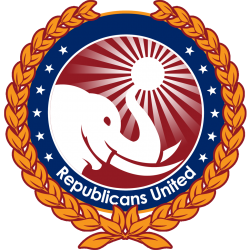The Art of War is an ancient Chinese military treatise dating from the Late Spring and Autumn Period (roughly 5th century BC). The work, which is attributed to the ancient Chinese military strategist Sun Tzu (“Master Sun”, also spelled Sunzi), is composed of 13 chapters. Each one is devoted to an aspect of warfare and how it applies to military strategy and tactics. For almost 1,500 years it was the lead text in an anthology that was formalized as the Seven Military Classics by Emperor Shenzong of Song in 1080. The Art of War remains the most influential strategy text in East Asian warfare and has influenced both Eastern and Western military thinking, business tactics, legal strategy, lifestyles and beyond.
Mine Were of Trouble
Spain, 1936. Escalating violence between left- and right-wing political factions boils over. Military officers stage a coup against a democratically elected, Soviet-backed, government. The country is thrown into chaos as centuries-old tensions return to the forefront. Hundreds of thousands of Spaniards choose sides and engage in the most devastating combat since the First World War. For loyalists to the Republic, the fight is seen as one for equality and their idea of progress. For the rebels, the struggle is a preemptive strike by tradition against an attempted communist takeover.
Thousands of foreigners, too, join the struggle. Most fight with the Soviet-sponsored International Brigades or other militias aligned with the loyalist “Republicans”. Only a few side with the rebel “Nationalists”. One of these rare volunteers for the Nationalists was Peter Kemp, a young British law student. Kemp, despite having little training or command of the Spanish language, was moved by the Nationalist struggle against international Communism. Using forged documents, he sneaked into Spain and joined a traditionalist militia, the Requetés, with which he saw intense fighting. Later, he volunteered to join the legendary and ruthless Spanish Foreign Legion, where he distinguished himself with heroism. Because of this bravery, he was one of the few foreign volunteers granted an private audience with Generalissimo Francisco Franco.
